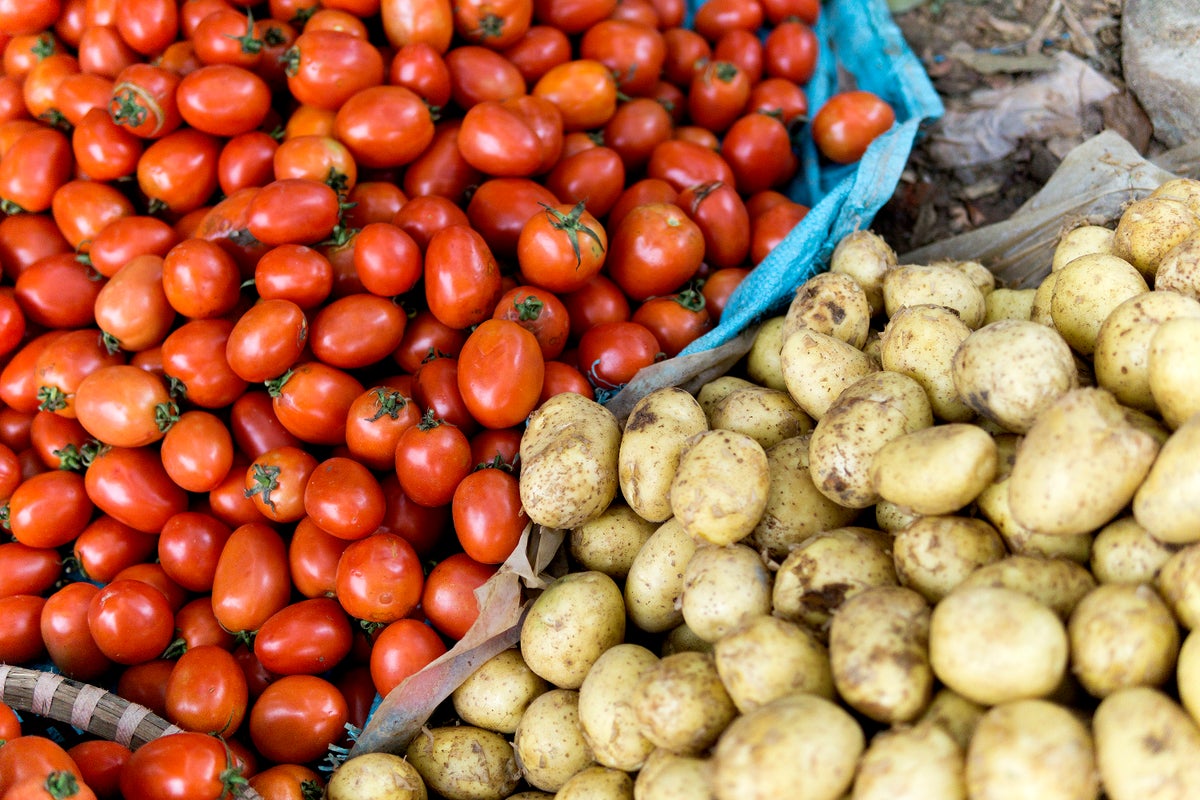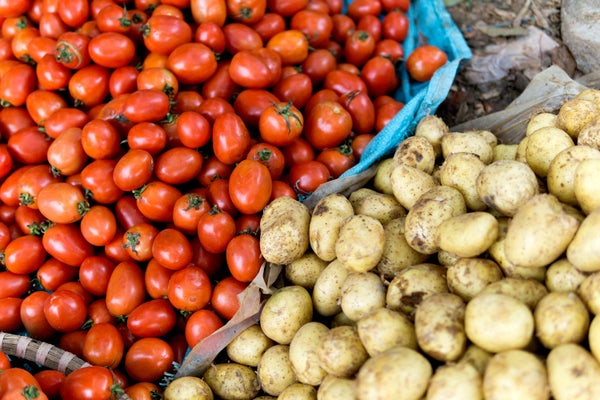Now Reading: Potato’s Ancient Origins: The Tomato Connection Uncovered
-
01
Potato’s Ancient Origins: The Tomato Connection Uncovered
Potato’s Ancient Origins: The Tomato Connection Uncovered

Rapid Summary
- Research published in Cell uncovers the genetic origin of the modern cultivated potato,tracing it back to a hybridization event nine million years ago.
- The hybrid involved two plant lineages: Etuberosum (a genus in Solanum) and tomatoes.
- Scientists analyzed over 100 genomes from potatoes, tomatoes, and Etuberosum species to determine their evolutionary relationship.
- The potato’s distinctive tubers developed due to hybridization combining key genes: SP6A from tomatoes (activating tuber formation) and IT1 from Etuberosum (contributing tuber stem growth).
- Hybridization occurred during periods of rapid uplift in the Andes Mountains, allowing ancestral potatoes to thrive at higher elevations with resilience across climates.
- Tubers revolutionized reproduction through asexual methods while enabling survival in diverse environments-making potatoes a global staple crop.
Indian opinion Analysis
The findings shed light on an evolutionary process that gave humanity access to one of its most essential food staples-the potato. For India, where potatoes are widely consumed across all socioeconomic strata and cuisines due to their versatility and affordability, understanding this foundational science strengthens agricultural research rooted in biodiversity exploration.India’s status as one of the leading producers of potatoes globally can benefit from genomic studies such as these. Researchers could use lessons about gene-specific traits for creating lasting varieties better adapted to local climatic challenges or resistant against crop diseases-a rising concern among Indian farmers grappling with climate change impacts. Highlighting contributions like hybridization emphasizes how nature fosters traits meaningful for human sustenance.
As food security remains a priority for India’s growing population, these discoveries exemplify why investment in agricultural genetics is vital-not just historically fascinating but practically impactful for future crop growth strategies.




























